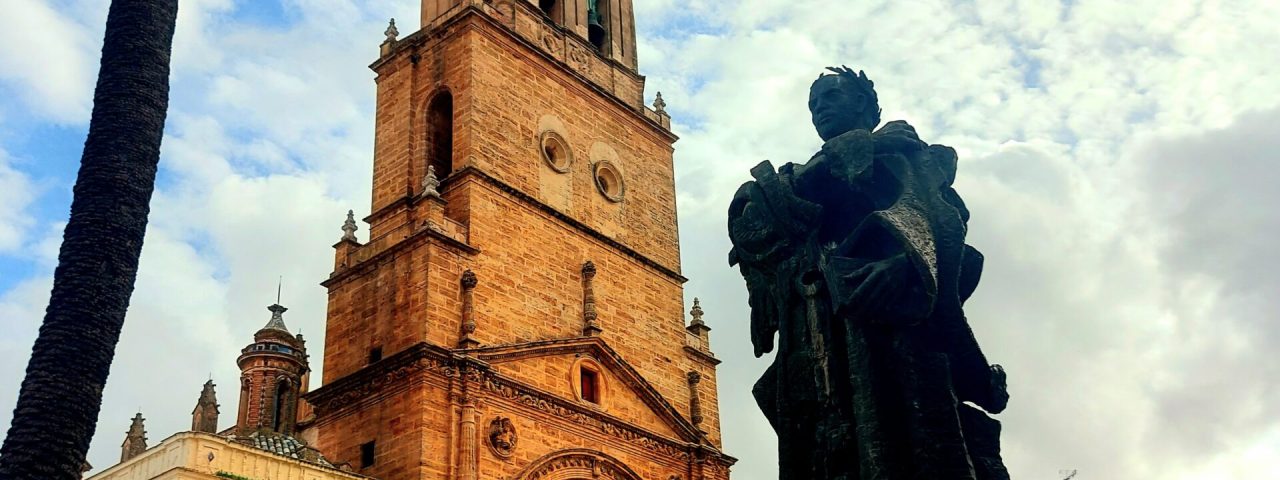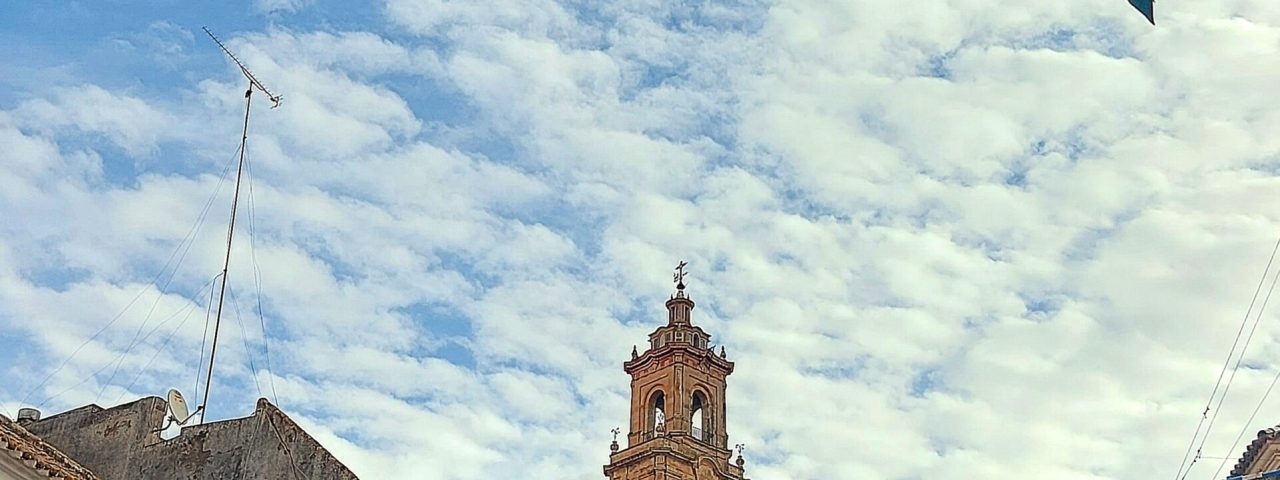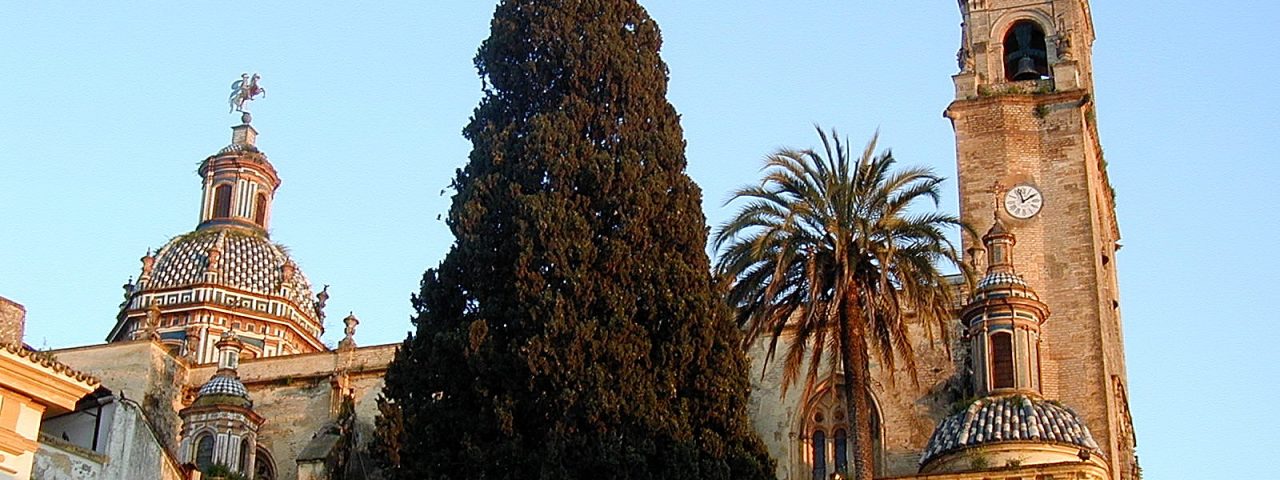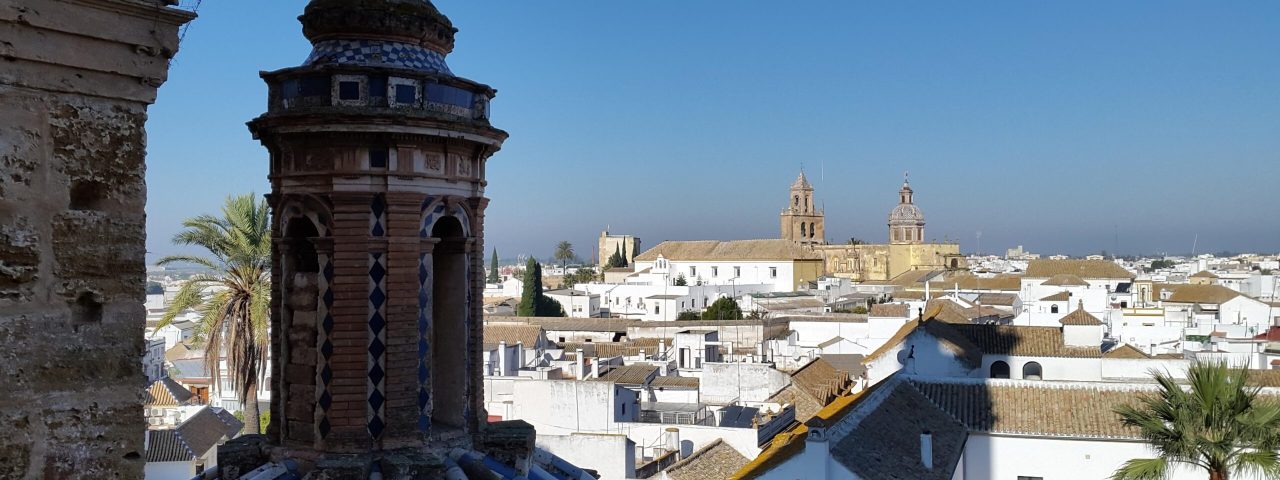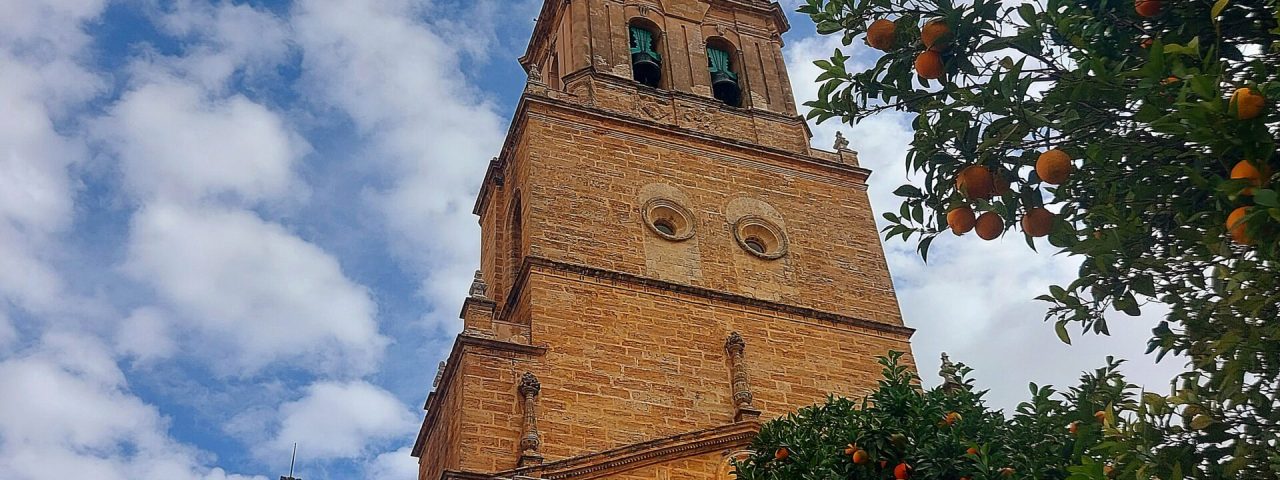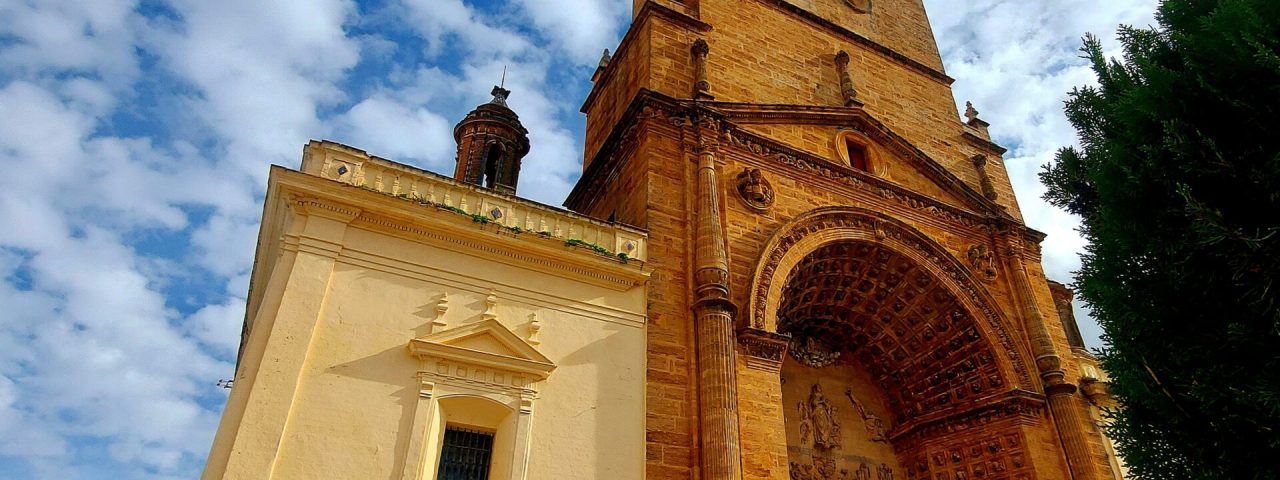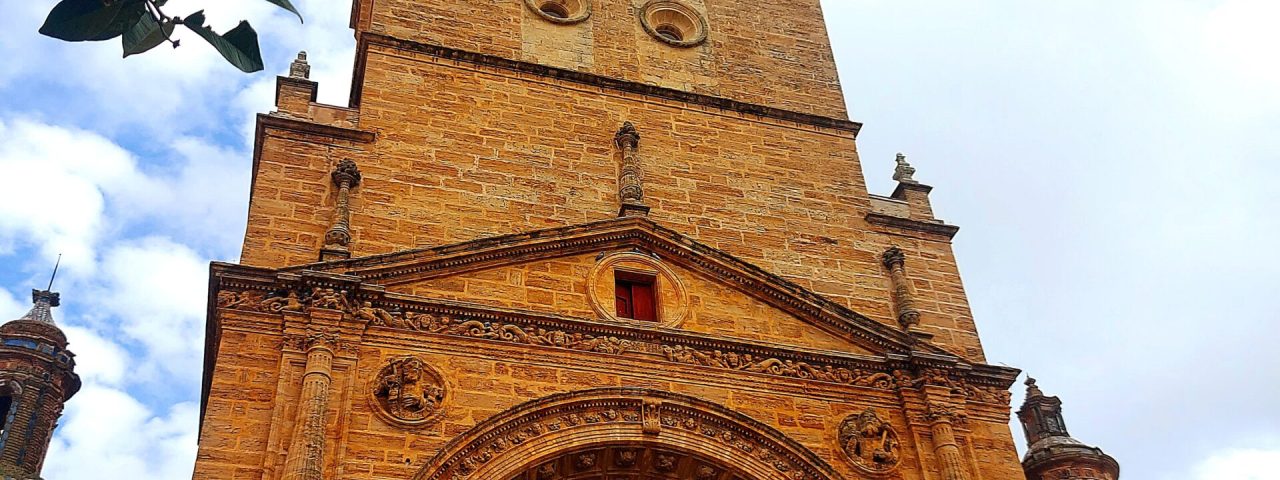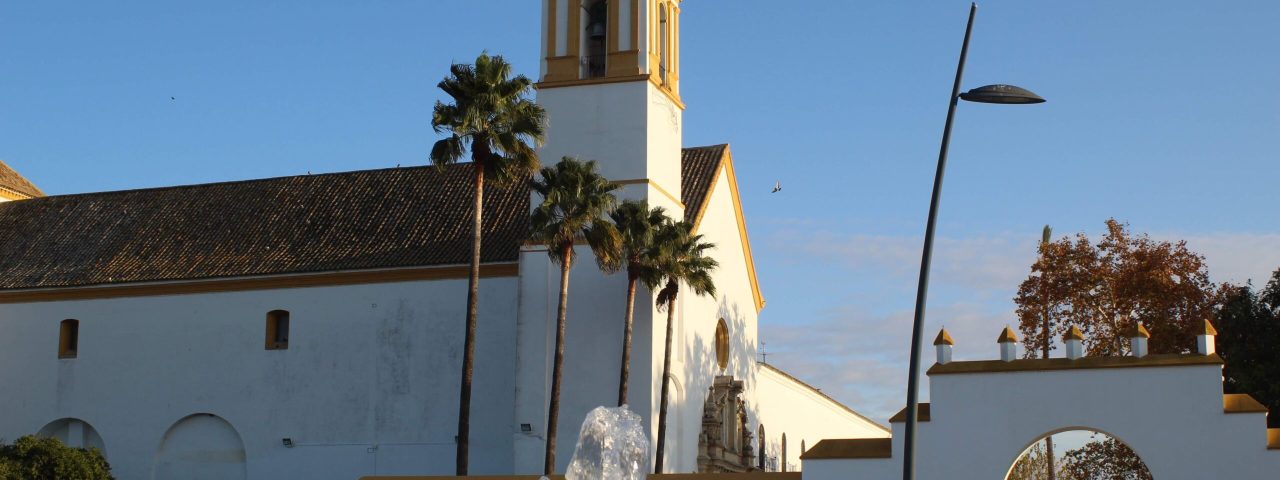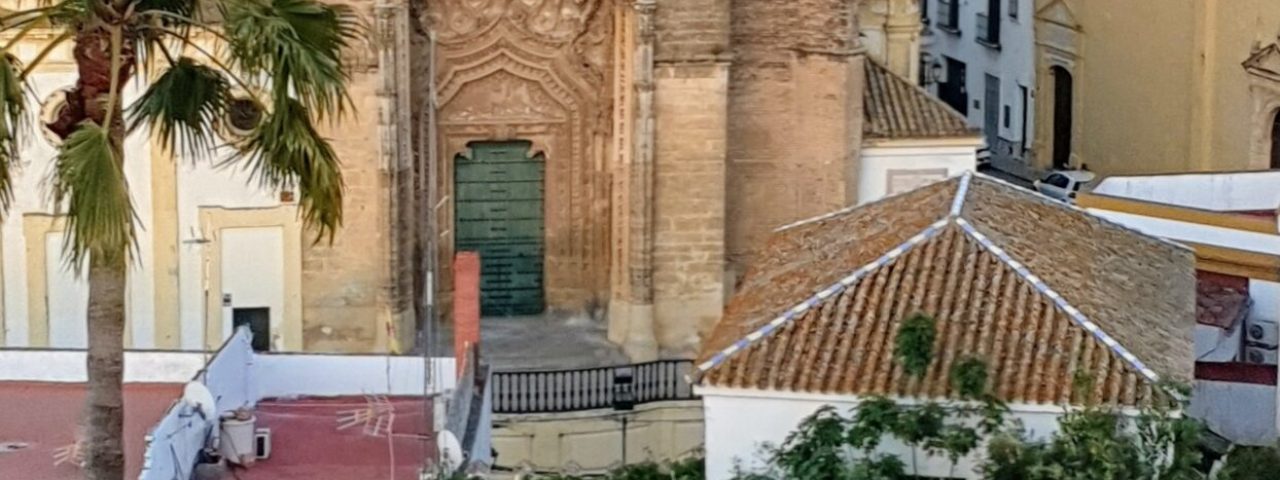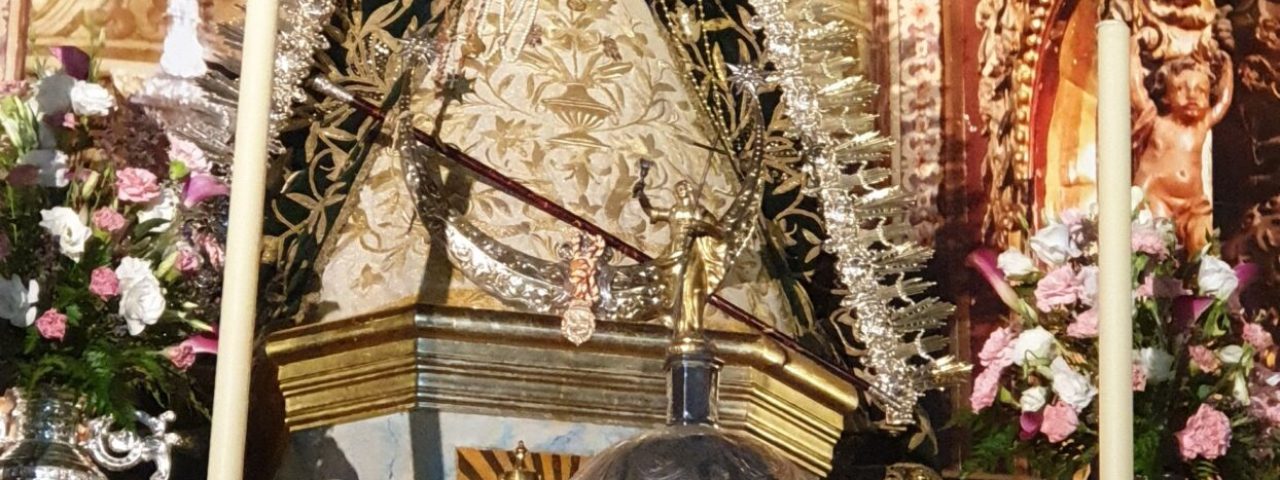Utrera boasts a long and rich history, with roots dating back to Roman times and deep influence from the Moors during the Islamic rule of the Iberian Peninsula. Like much of Andalusia, the city underwent significant changes during the Christian Reconquista in the 13th century, which reshaped its cultural and architectural landscape. Utrera’s historical legacy is visible in its ancient churches, historic buildings, and local traditions.
One of the cultural cornerstones of Utrera is its profound connection to flamenco music, as it is considered one of the birthplaces of this iconic Spanish art form. The city celebrates this legacy with numerous flamenco performances and festivals, attracting both local talent and international visitors. Additionally, the annual Fair of Utrera (Feria de Utrera), held every September, is a highlight of the city’s calendar, showcasing Andalusian folklore, traditional dress, and local gastronomy.
Religious traditions also play a significant role in Utrera’s culture. The city’s Holy Week (Semana Santa) processions are celebrated with great reverence, drawing visitors to witness this deeply rooted cultural and spiritual event. Throughout the year, other religious festivals such as the Romería of Consolation attract crowds who come to participate in the lively and devout atmosphere.
